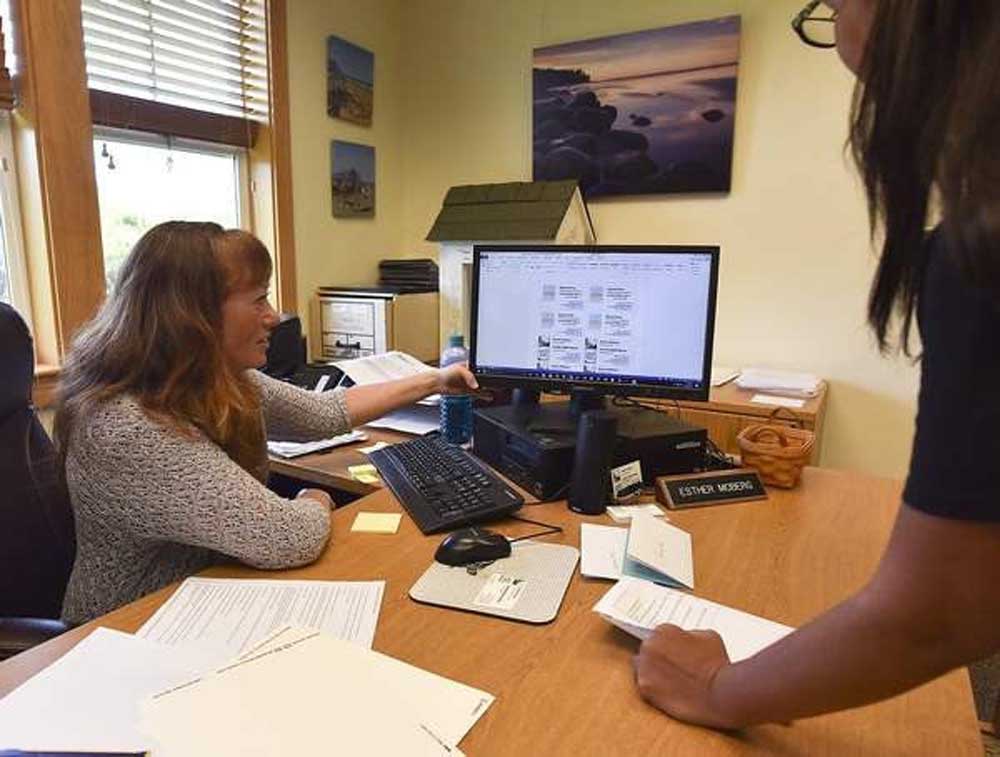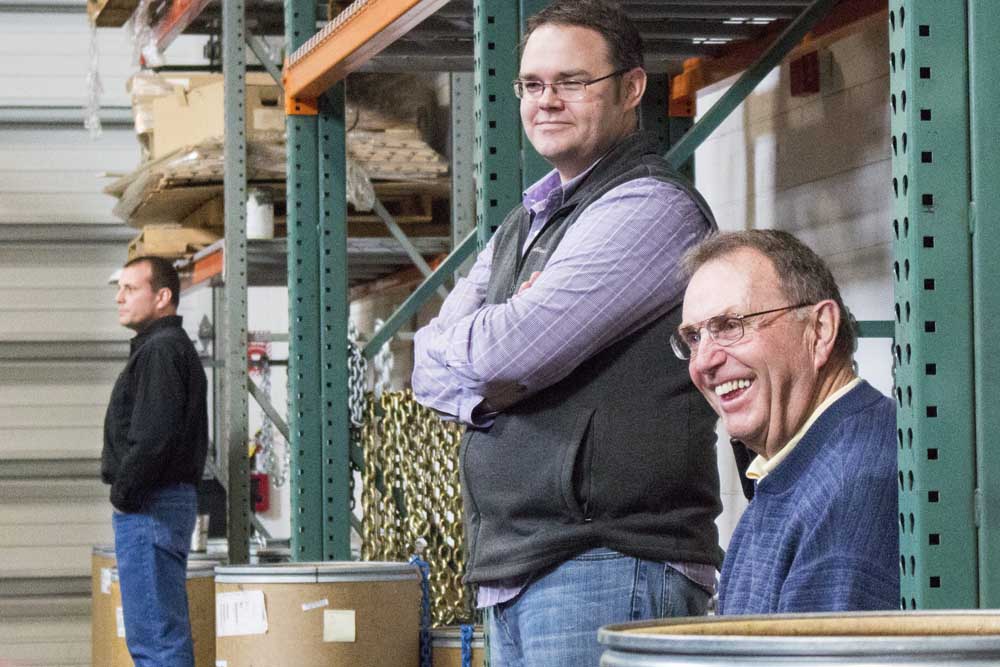Taking libraries into the future
Published 7:58 am Thursday, May 24, 2018

- Seaside Signal Esther Moberg, president of the Oregon Library Association and director of the Seaside Library.
Spring is in the air and in my current position as president elect of the Oregon Library Association, this month I am heading off to see the cherry blossoms on Capitol Hill. I will be in Washington D.C. as part of the National Library Legislative Day to talk to legislators about Oregon libraries. When I say that I am talking to legislators about libraries, the first thing people ask me is if libraries are in trouble. The good news is, the answer is no. Most libraries in Oregon and across the United States are not in trouble. In fact, the most ill-informed fake news these days is that libraries are going away. Libraries are here to stay because libraries are so much more than just a book on a shelf. They are community centers for information and resources both printed and digital.
Trending
Many people visit their library for resources from A-to-Zed. Job seekers, food handlers cards, computer use, free Wi-Fi, DMV manuals, photocopies, printing out travel boarding passes, these are just a few of the zillions of reasons people visit the library. I’ve had people come to us for books when they are going through a divorce, books on self-help, learning a new skill or hobby, travel, whatever it is you are doing in life, chances are we have a resource or book you need, or at the very least can point you in the right direction. So, while the reason I am going to Washington D.C. is very important, but it doesn’t mean libraries are in crisis.
I will be one of four librarians from Oregon representing at the national legislative day for libraries in Washington, D.C., along with other librarians from across the United States. At this two day event, one day for training, and one day for meeting with the legislators, we plan to talk to all of our Oregon representatives about two things. The first is the Institute of Museum and Library Services federal grant. The Institute of Museum and Library Services is the primary source of federal support for the nation’s libraries and museums. Their goal is to advance, support, and empower America’s museums, libraries, and related organizations through grant making, research, and policy development. Their vision is a nation where museums and libraries work together to transform the lives of individuals and communities. You can visit them for more information at www.imls.org.
Many libraries receive a small amount of money through the institute grant annually in Oregon (typically between $1,000 to $5,000 per library based on population served) as an annual grant called the Ready to Read grant. The goal of this Ready to Read grant is focused on early literacy readiness for all children in Oregon. For small libraries in our state, this is often the only budget they have for their library programs and especially for their summer reading. The Seaside Library uses this grant every year for our summer reading programs to help keep children engaged in reading all summer long.
Trending
Other grants in our area that the institute grant has supported includes the start of the libraries reading outreach program. Through this grant we were able to help offset the gaps in library services in our community by providing free library cards for kids throughout our entire county. The entire program for Libraries ROCC started with this grant back in 2009 and is still going strong today with a very sustainable model, thanks to the first few years supported by this grant. Because of this, children who are nine years old have had access to a free library card in this county every year they have been alive.
The other talking point we feel is very important is inexpensive broadband Internet access through libraries. By making sure this access is affordable through libraries, we will reduce the digital divide gaps through services provided by libraries throughout Oregon. Our library is fortunate in that we have fiber optic which is very high speed internet service. However, for many rural libraries they often have slow or even dial up internet access. This may be the only internet access for folks in some areas across Oregon. Douglas County and Jackson County have had the least amount of access with lack of funding even to keep their libraries open.
Librarians believe we should continue to break down barriers between those who have access or not and broadband access within the library is one of those ways. Every day, people walk in the Seaside Library with little to no understanding of how to use a computer for the most basic of searches or job applications because every new option can be confusing if you are not constantly using a computer. We would hope that someday through more advocacy and training, along with affordable access to broadband internet, this will be a thing of the past and proficiency online won’t be based on how much money you have or where you live.









